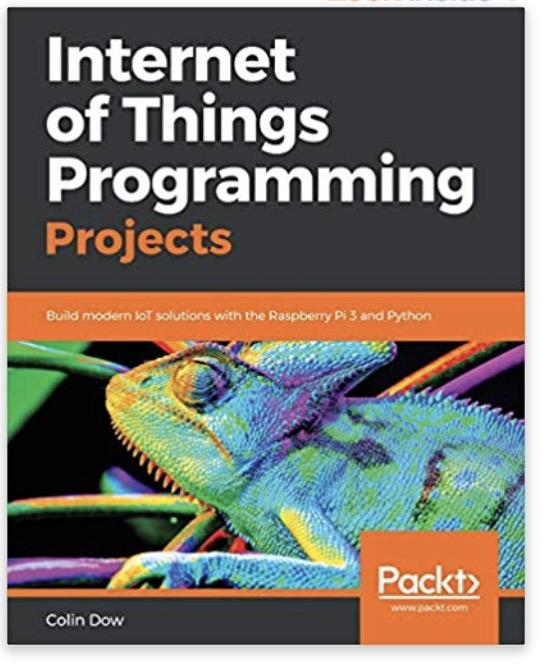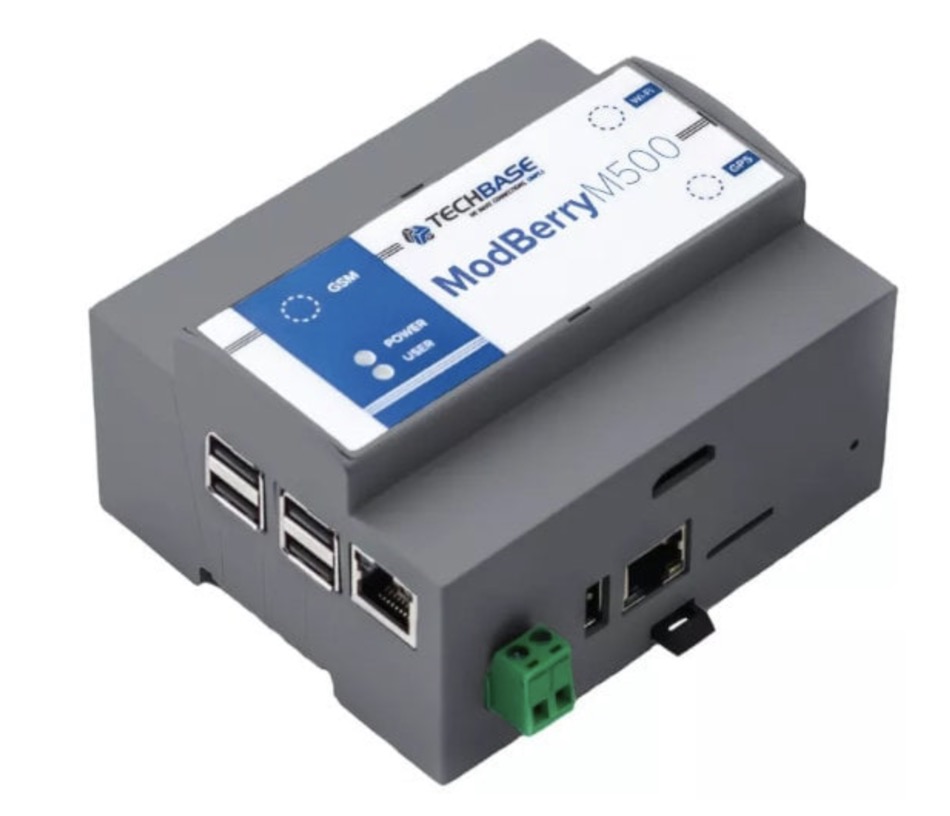Recent Posts
Industrial-Strength Raspberry Pi Mini Computer With CAN Bus Port Supports Industrial IoT Applications
Posted by on
Techbase, a business specializing in small form factor industrial computers, announced their ModBerry M500, a mini-PC that utilizes the new Raspberry Pi 4. ModBerry devices are suited for use in harsh industrial conditions, e.g., factories, power plants, and more.
The foremost advantage of the iMod platform comes with the ease-of-use and a variety of available functionalities. Due to an extensive SDK, the platform can quickly expand to serve additional, dedicated applications. iMod is an innovative software platform providing a quick start-up and complete utilization of the ModBerry device abilities without the requirement for developing special programs.
Modberry M500 RPI 4 specifications :
- SoC – Broadcom BCM2711B0 quad-core Arm Cortex-A72 processor @ 1.5 GHz with VideoCore VI GPU
- System Memory – 1GB, 2GB or 4GB LPDDR4
- Storage – 4GB eMMC flash (TBC), and/or 8GB micro SD card
- Video & Audio Output – HDMI 2.0 up to 4K @ 60Hz and 3.5mm jack for CVBS (composite + stereo audio)
- Connectivity
- True Gigabit Ethernet, up to 2x optional 10/100M Ethernet ports
- Dual band 802.11 b/g/n WiFi and Bluetooth 5.0 LE
- Optional Zigbee, LTE/3G, GPS, WiFi, and Bluetooth cards
- USB – 2x USB 2.0 host ports, 2x USB 3.0 host ports
- Expansion I/Os
- 2x RS-232/RS-485
- 4x digital inputs, 4x digital outputs up to 30V DC
- 1-wire
- 1x CAN
- Optional 4x Analog input; 18-bit resolution
- Optional ExCard I/O modules for more RS-232/485 ports, Ethernet ports, PCIe slots, analog input and output, digital I/Os, relays, M-Bus interface, and more
- Misc – RTC with battery, watchdog timer
- Power Supply
- 10~30V DC up to 1A
- Power over Ethernet (PoE)
- Dimensions – 106 x 91 x 61 mm (ABS casing with DIN rail enclosure)
- Weight – 300 grams
 Internet of Things Programming Projects: Build Modern IoT Solutions with the Raspberry Pi 3 and Python
Internet of Things Programming Projects: Build Modern IoT Solutions with the Raspberry Pi 3 and Python
The Internet of Things (IoT) has succeeded to draw the attention of researchers and tech enthusiasts since it effectively consolidates traditional networks with instruments and devices.
Internet-of-Things Programming Projects unleashes the power of the Raspberry Pi platform in combination with the Python programming language to build appealing projects.
The first part of the book introduces the Raspberry Pi to learn how to set it up, and then jump right into Python programming.
In the following, you leap into real-world computing by building a “Hello World” application with flashing LEDs.
 Loading... Please wait...
Loading... Please wait...

